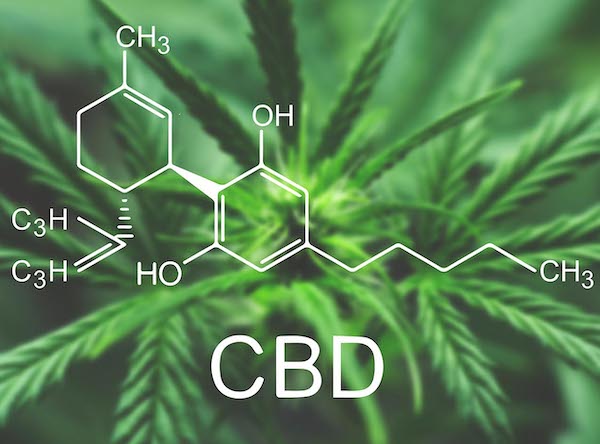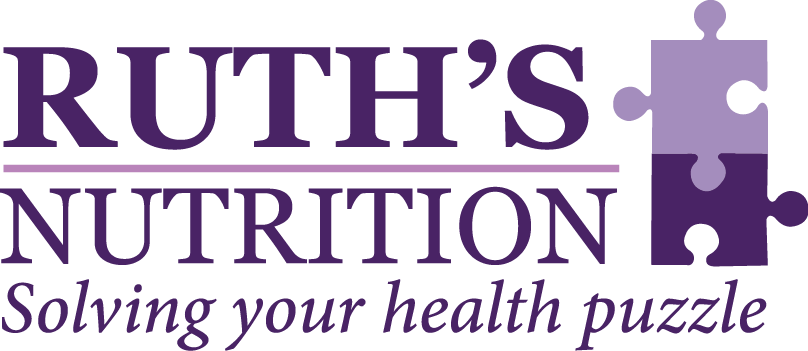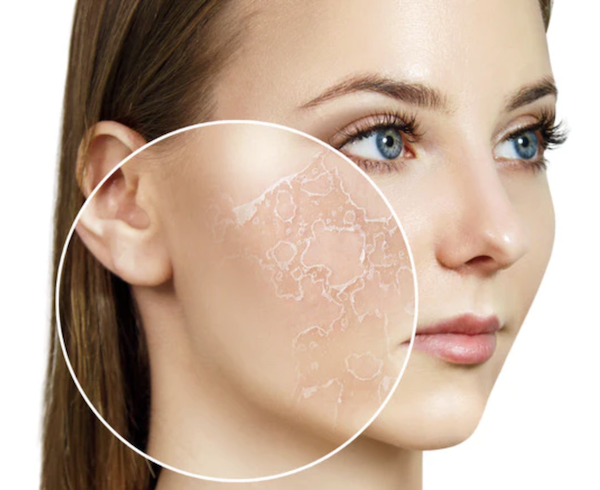Research indicates cannabidiol from hemp has multiple benefits

CBD, cannabidiol from hemp, has been on the market legally in the United States for a few years now, and while the buzz has died down some, the benefits of its use have not. Because it was illegal for so long, clinical research is still in its beginning stages, but results are promising.
Anecdotally, there’s a pile of positive results. People are using CBD for back pain, joint pain, anxiety, sleeplessness, and, of course, epilepsy. Epidiolex was the first FDA-approved CBD-based medication precisely because it helped control seizures in severe cases of epilepsy where other medications failed.
Anxiety
Perhaps CBD’s most popular use is for anxiety. While numerous customers report considerable positive results, human studies are small. Nonetheless, a trial reported in the journal Neuropsychopharmacology found participants given 300 mg of CBD felt significant reduction in symptoms before an anxiety-producing event – public speaking. A multi-study review published in the Journal of American Pharmacists Association found that
CBD consistently demonstrated improved clinical outcomes in anxiety disorders, with minimal adverse effects.
Pain
Customers also report using CBD products, both oral and topical, to relieve pain. CBD is a known anti-inflammatory and it also affects serotonin receptors. Both may play a role in mitigating pain. A large study using survey data from more than 2,700 people with fibromyalgia reported slight to significant improvement in symptoms when using CBD. Small studies also show similar results for those who use CBD for arthritis pain and stiffness.
PTSD
Several small human studies show people with post traumatic stress disorder who took CBD daily reported a significant reduction in symptoms. Some studies lasted only eight weeks and still got results, while others went on longer. Most doctors also recommend using CBD along with therapy in this situation for best results.
Addiction management
Cravings for drugs generally occur by exposure to a particular cue. CBD may reduce the craving during cues and therefore help addiction recovery. The American Journal of Psychiatry published a study where people with heroin use disorder were given CBD. Over the course of a week, CBD significantly reduced their cue-induced cravings, withdrawal anxiety, resting heart rate, and salivary cortisol levels.
Neuroprotection
CBD has known antioxidant and anti-inflammatory properties. Several preclinical trial studies suggest that CBD can produce beneficial effects against Parkinson’s disease, Alzheimer’s, and multiple sclerosis. Further clinical trials are needed.
Sleep
Trials using CBD for sleep have produced mixed results, but the anecdotal evidence from people who take CBD at bedtime for that purpose is widespread. Perhaps CBD’s terrific results with reducing anxiety is what helps these people sleep better.
REFERENCES
Journal of American Pharmacists Association



